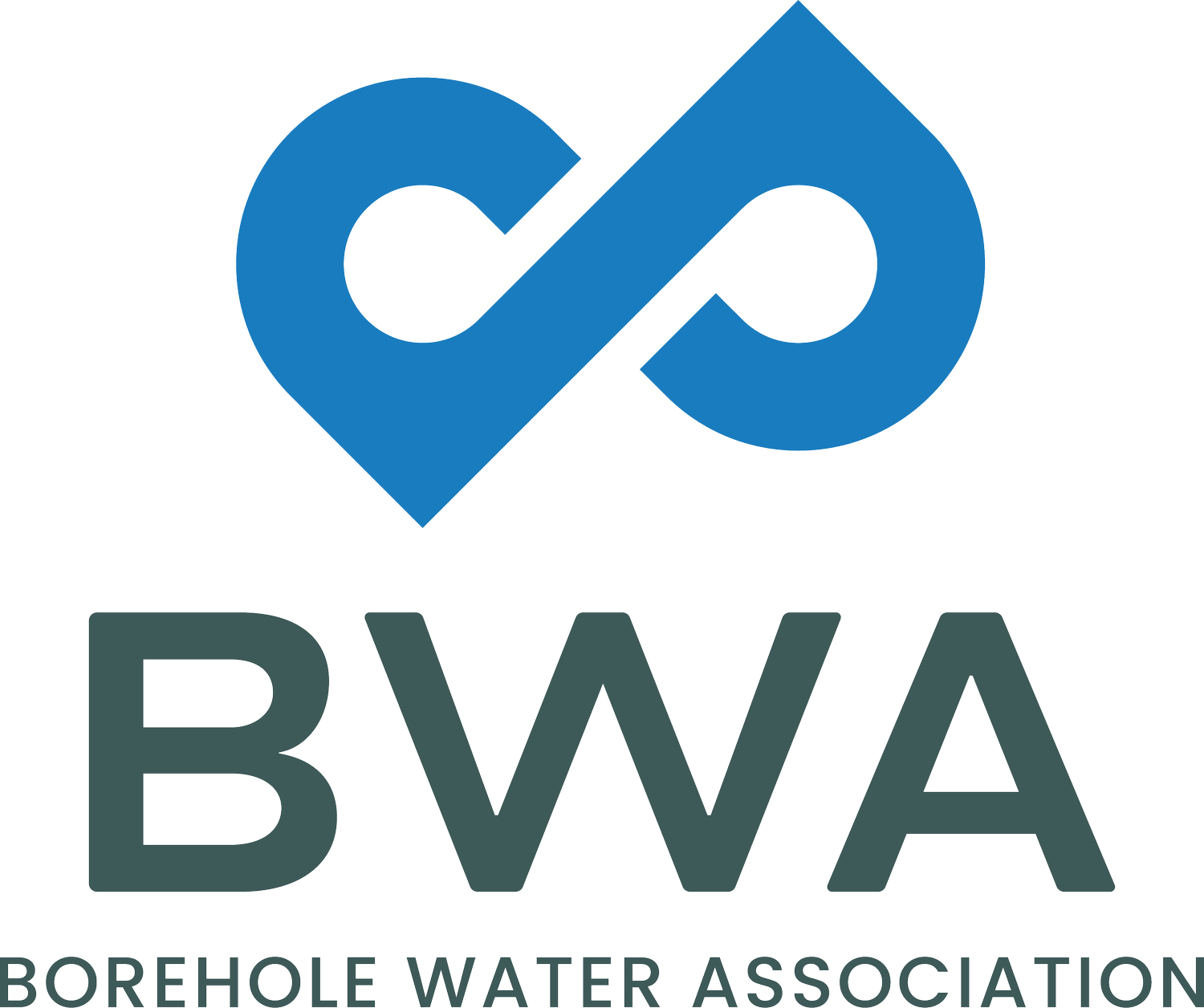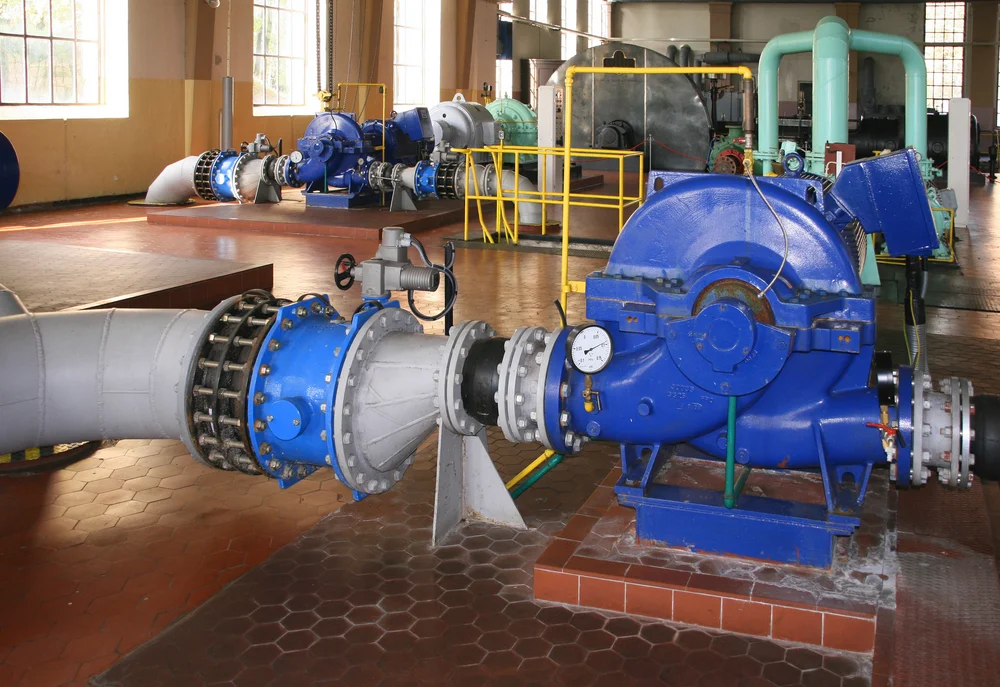Bringing water and sanitation to rural schools in KZN
/The impact of the prolonged drought has placed South Africa’s “hidden resource” under the spotlight.
While the demand for groundwater is anticipated to grow significantly, a limited understanding of this resource and its optimal use remains one of the biggest hurdles to the sustainable implementation of many groundwater projects in the country.
Children enjoy the novelty of pumped water for the first time
There is a dearth of in-depth knowledge that is needed to ensure the long-term sustainability of groundwater projects that rely on political endorsement; a technical and scientific approach to their implementation; and the role that they play in the larger socio-economic landscape. A successful groundwater project transcends merely the yield of a drilled well; it also has far-reaching positive direct and indirect impacts on the surrounding communities.
This holistic perspective has always been a signature trait of groundwater projects undertaken by JG Afrika, and one of the reasons for the company being appointed by Ramgoolam as the professional geohydrologist for a large water and sanitation project for schools in rural areas of KwaZulu-Natal.
The project, which is being driven by the KwaZulu-Natal Department of Public Works on behalf of the province’s Department of Education, is the forerunner of a host of other similar interventions that will significantly improve water and sanitation conditions for learners in remote areas of KwaZulu-Natal.
It also draws on the in-depth knowledge of two acclaimed exerts in the field, Mark Schapers, a technical director with JG Afrika and the firm’s Durban branch manager, and Regan Rose, founder of Geowater IQ, which was recently acquired by JG Afrika.
The acquisition of Geowater IQ significantly bolsters JG Afrika’s existing capabilities in water infrastructure, while Rose’s skills, including his close working relationship with prominent client bodies in the province, have already been deployed on this latest project.
Right from the outset, the team of geohydrologists working on the project focused on ensuring buy-in from surrounding communities.
Public participation is vital for sustainable groundwater projects, and community leaders are kept informed throughout the process
The team continues to consult with relevant councillors, Ndunas and headmasters, forming the basis of ongoing communication channels for both during and after the project’s implementation cycle.
Schapers says that this is a critical step in the process that seeks to establish a long-term outlook for the project, and endeavours to create optimal use of the groundwater resource after handover.
Mark Schapers, technical director in charge of JG Afrika's groundwater projects
“We always ensure that community members understand the reasoning behind the project and recognise its many benefits so as to obtain buy-in at community level. Most of these projects are undertaken in the rural areas and direct interaction with beneficiaries by Zulu-speaking geohydrologists adds immense value at these preliminary phases,” he says.
As manager of the groundwater aspects of the project, including co-ordinating the activities of the drilling, sustainable-yield testing and borehole equipping sub-contractors, JG Afrika brings significant institutional knowledge to an area of water infrastructure development that is still largely misunderstood.
“Groundwater remains a hidden and unnoticed resource that does not get implemented according to guidelines and legislated criteria. I would describe it as very much in ‘no-man’s land’, leaving projects open to incorrect interpretation and, more often than not, reliant on limited skills and inadequate capabilities to implement them,” says Schapers.
JG Afrika applies a technical and scientific approach to all of its projects, bringing accountability to the programme.
All of its sites are treated as “business plans”, and a methodical approach is applied throughout, starting with thorough desktop studies and detailed planning of activities through to completion of comprehensive feasibility studies for clients.
Only state-of-the-art recognised equipment is used in the geophysical-surveying phases to guarantee utmost accuracy and a high success rate of the infrastructure.
This systematic approach is also transferred to all activities on site, ranging from drilling through to yield testing, as well as the equipping of the boreholes. Great care is taken throughout, even to implementing strict measures to avoid contamination of the groundwater resources once they are exposed.
An elevated 5000-litre water tank with a communal standpipe and 500-litre drinking trough offer water source security to villasge life
The wealth of experience JG Afrika’s geohydrologists have acquired over the years, especially in the KwaZulu-Natal and Eastern Cape regions, augers well for the management of this complex project.
There have been many challenges on this project. JG Afrika’s teams have had to plan and work around poor recharge associated with schools located on high ground elevations.
Over-and-above limitations to the drilling environment, the geohydrologists have had to ensure utmost care to protect the resource from on-site contamination considering the project’s large sanitation component.
Interfacing with a host of drivers has also added a level of complexity to the project.
Despite these challenges, Schapers is confident that this will be yet another successful project undertaken by JG Afrika. The role the company continues to play in “demystifying” this hidden resource and bringing a sustainable water supply to the surface, ensures it is ready to participate in a steady pipeline of related work as African policymakers continue to prioritise water and more specifically groundwater supply.








